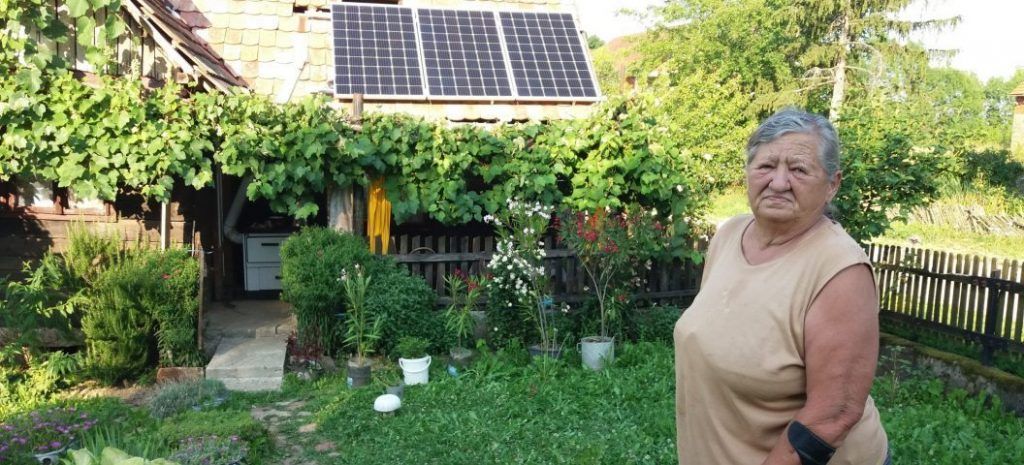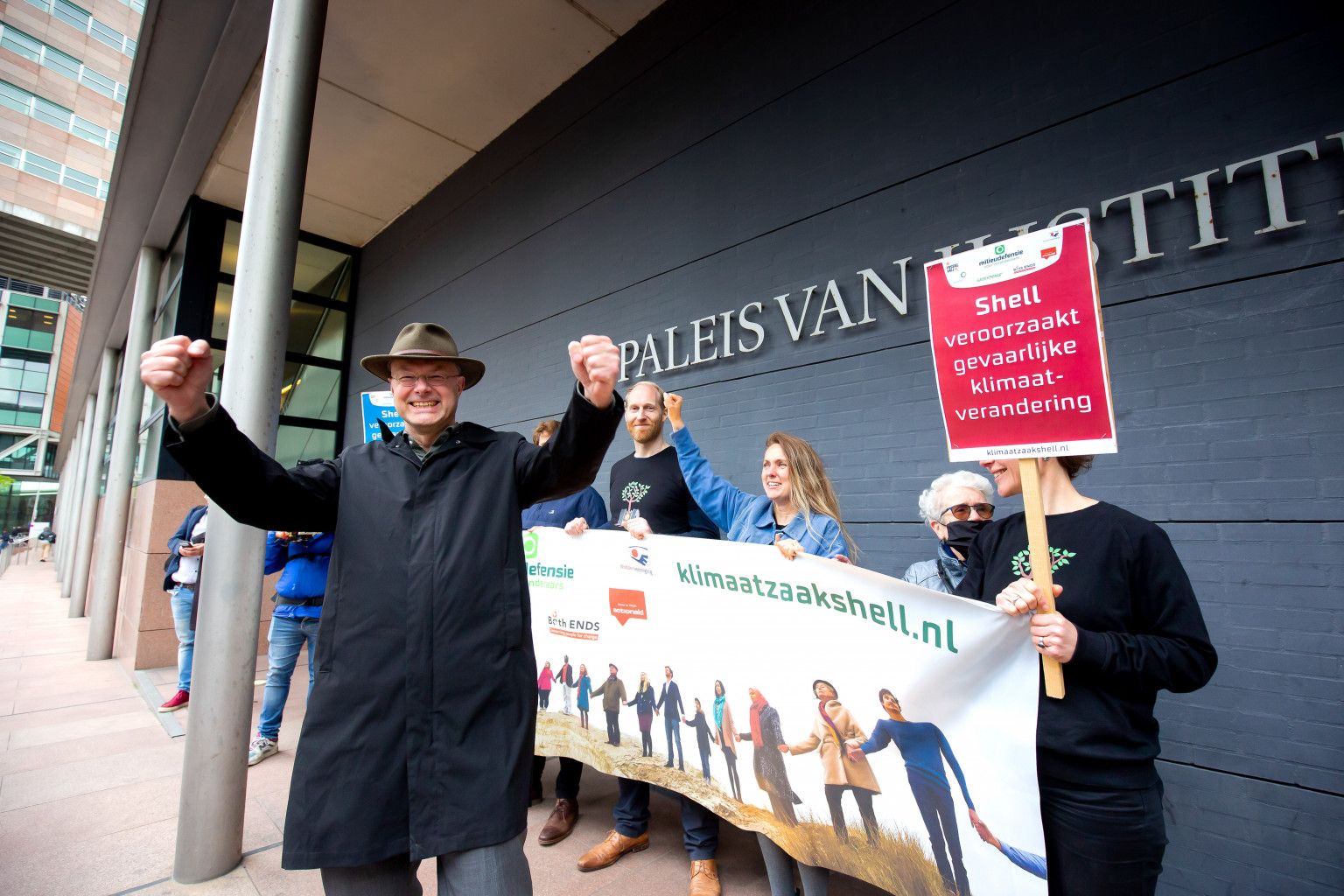
COVID-19 has not stopped environmental action across Europe
From coal phase outs to court victories environmental action is alive and well across Europe despite the pandemic.
I recently had the privilege of attending (virtually of course) the AGM of Friends of the Earth Europe. There are 32 FoE groups in the network, from Norway to Croatia and from Spain to Russia, together with a co-ordinating office in Brussels.
All have felt the impact of the pandemic, with one of the smaller organisations having everyone off with covid at one point. Nonetheless, we heard about remarkable successes led by our sister organisations.
Wins for clean energy
FoE Czech Republic have been key to an agreement to phase out the use of coal by the early 2030s. This included lots of detailed technical work but also activists greeting the Prime Minister at his house at breakfast time on the morning of the big decision.
This is a really remarkable change in a country with huge reserves of coal, where, in the 1960s a whole town was famously moved to get at the coal beneath. Until recently plans to still be burning coal in the 2050s seemed immovable.
There was also the very recent victory in a Dutch court, led by our Dutch FoE group, which compels Shell to re-write their business plans and reduce climate emissions rapidly. This is the first time a company has been forced to take any responsibility for helping to meet a country’s climate targets and I wrote about the global importance of this judgement in last week’s column.

As well as the pandemic, FoE Croatia has been through two serious earthquakes in the last year but has still helped the first homes in the country install solar electricity, despite a complete lack of official interest.
Progress at the European Union level
At the European Union level our friends in the Brussels office, and many national FoE groups across the continent helped the EU decide to end financial support for new oil and gas pipelines and terminals. Similar efforts have led to the development of proposals for new EU-wide rules which would stop European companies trashing the environment in their overseas operations, mirroring existing laws in Denmark, France and the Netherlands.
Also led from the Brussels office has been the fight to resist the biotech industry’s attempts to get GM foods back on the agenda in the EU, with dodgy rebranding as ‘synthetic biology’ or ‘precision breeding.’ This work, including with an alliance of scientists, has led to a much more cautious approach than initially from the European Commission.
A core area of work for many groups and for the office in Brussels has been to try to make national and EU plans for covid recovery as green as possible, including the practical results of persuading the Spanish Government to allow small food producers to start selling their produce again.
It is always inspiring to hear about the great work of Friends of the Earth groups across Europe, and next month I will have the pleasure of hearing similarly inspiring stories from groups around the world when Friends of the Earth’s 73 national groups get together virtually for our two-yearly global meeting.
Dr Richard Dixon is Director of Friends of the Earth Scotland. A version of this article appeared in The Scotsman on Thursday 10 June 2021.
